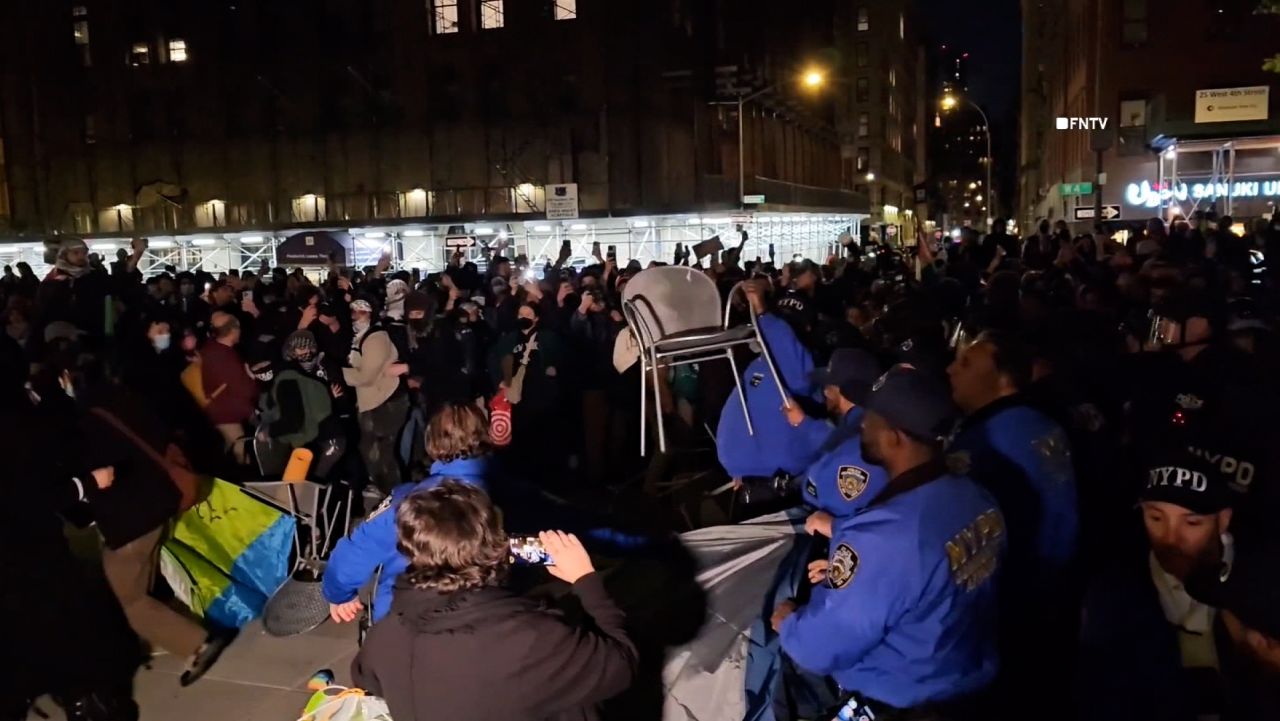Pro-Palestinian protests continue to rock major American universities, prompting school officials across the country to take extraordinary steps to confront the growing crisis.
The protests, counter-protests, actions by college officials and demands from lawmakers underscore the unrest that has engulfed universities, leading many students, especially Jewish students, to fear for their safety as the Passover holiday is underway.
Pro-Palestinian protesters and their supporters – sometimes including faculty – are condemning crackdowns on protests and free speech, while from some students, parents, donors and lawmakers are pleading with administrators to take new steps to restore order.
In recent days, the on-campus demonstrations have attracted non-university-affiliated protesters to the campus gates, which student organizers have sought to distance themselves from.
As the protests continue, a growing sense of unease has spread among Columbia University’s Jewish community as they enter the approximately weeklong observation of Passover, a major Jewish holiday celebrating freedom.
Hagar Chemali, an adjunct associate professor of international and public affairs at Columbia University, told CNN, “If I had my child at Columbia, I also would tell them to go home.”
“It’s not just because of the tension on campus, it’s also because those protests on campus have invited extremists outside,” Chemali said, referring to non-student protesters who have been demonstrating near the campus.
Read more here.




















